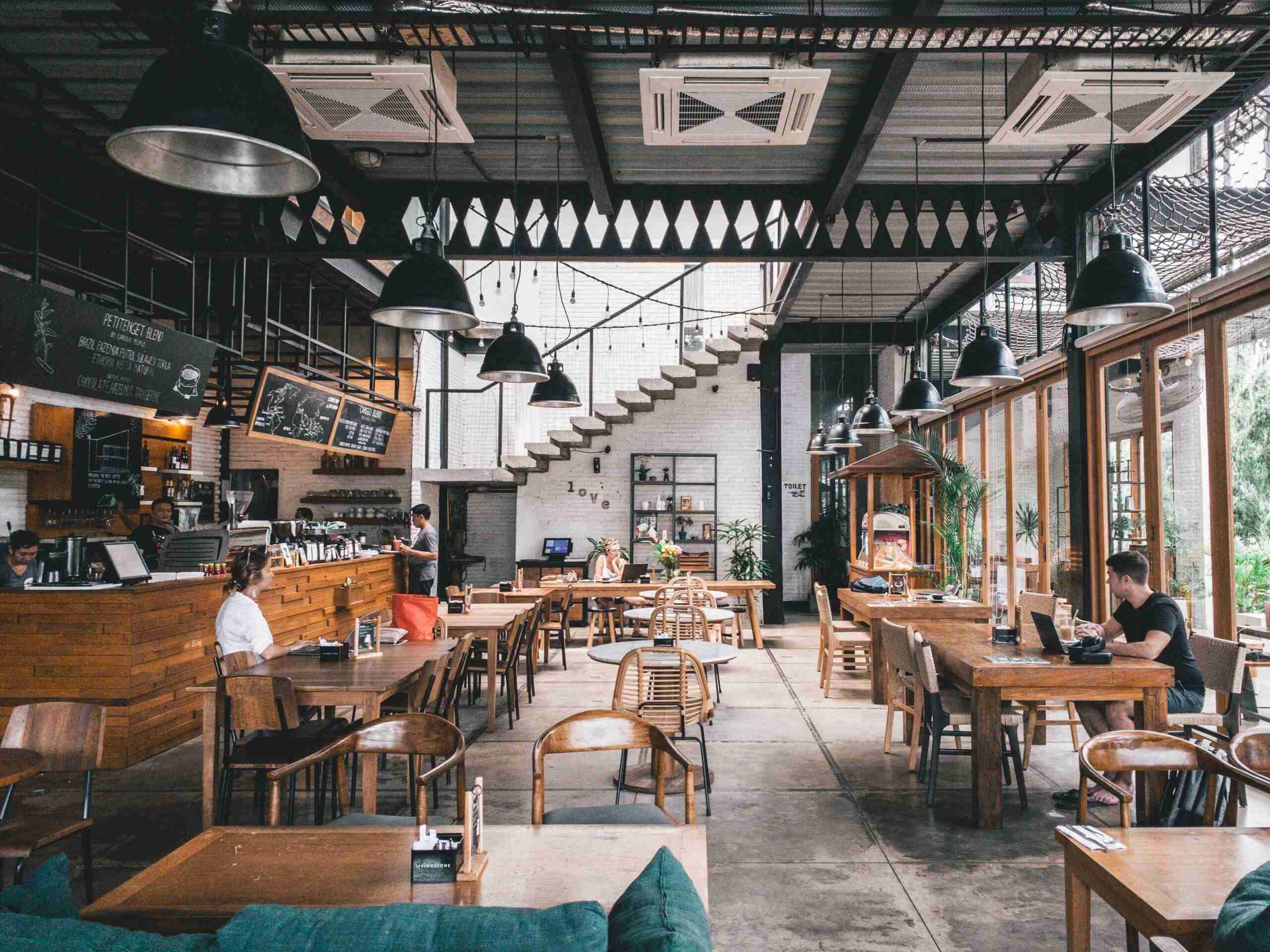
The Role of Restaurant Construction Contractors in Crafting Culinary Spaces
Constructing a restaurant involves much more than simply building walls and installing kitchen equipment. It requires a unique blend of creativity, technical expertise, and industry-specific knowledge to create a space that is both functional and inviting. Restaurant construction contractors play a crucial role in this process, ensuring that the design vision is realized while meeting regulatory standards and staying within budget. In this blog, we will explore the importance of restaurant construction contractors, their responsibilities, and the key considerations involved in restaurant construction projects.
Why Hire a Restaurant Construction Contractor?
Restaurant construction is a specialized field that demands a thorough understanding of the restaurant industry’s specific requirements. Here are several reasons why hiring a specialized restaurant construction contractor is essential:
-
Industry Expertise:
-
Restaurant construction contractors have in-depth knowledge of the hospitality industry’s unique needs, including kitchen layout optimization, efficient workflow, and compliance with health and safety regulations.
-
Regulatory Compliance:
-
Building a restaurant involves adhering to numerous local, state, and federal regulations. These include health department standards, fire safety codes, and accessibility requirements. Experienced contractors ensure that all these regulations are met, preventing costly delays and potential legal issues.
-
Efficient Project Management:
-
From initial design to final inspection, restaurant construction projects involve multiple phases and numerous stakeholders. Contractors manage these aspects efficiently, coordinating between architects, designers, suppliers, and subcontractors to ensure a smooth process.
-
Cost Control:
-
Specialized contractors have the expertise to accurately estimate costs, manage budgets, and avoid common pitfalls that can lead to cost overruns. Their industry connections also help in sourcing quality materials at competitive prices.
-
Quality Assurance:
-
Ensuring the quality of construction is paramount in creating a durable and appealing restaurant space. Contractors oversee the construction process, conduct regular inspections, and address any issues promptly to maintain high standards.
Key Responsibilities of Restaurant Construction Contractors
-
Initial Consultation and Planning:
-
The process begins with a thorough consultation to understand the client’s vision, budget, and operational needs. Contractors work closely with the client and design team to develop a comprehensive plan that aligns with the project’s goals.
-
Design Coordination:
-
Contractors collaborate with architects and interior designers to create detailed plans and blueprints. This includes optimizing the kitchen layout, dining area, and other spaces to ensure functionality and aesthetic appeal.
-
Permitting and Approvals:
-
Obtaining the necessary permits and approvals is a critical step. Contractors handle this process, ensuring that all documentation is complete and submitted to the relevant authorities.
-
Construction Management:
-
During the construction phase, contractors manage the entire process, from site preparation and foundation work to framing, electrical, plumbing, and finishing. They coordinate the work of various trades to ensure timely completion.
-
Quality Control and Inspections:
-
Regular inspections are conducted throughout the construction process to ensure that the work meets the required standards. Contractors address any issues that arise and ensure that the final product is of high quality.
-
Handover and Post-Construction Support:
-
Once construction is complete, contractors conduct a final inspection and address any remaining issues. They provide the client with all necessary documentation, including warranties and maintenance guidelines, and offer post-construction support as needed.
Key Considerations in Restaurant Construction
-
Location and Site Analysis:
-
The location of a restaurant plays a crucial role in its success. Contractors conduct site analyses to assess factors such as foot traffic, accessibility, visibility, and the suitability of the space for the intended design and operational needs.
-
Functional Layout:
-
A well-designed layout is essential for efficient restaurant operations. This includes optimizing the kitchen layout for workflow efficiency, designing a welcoming dining area, and ensuring that support spaces like storage and restrooms are conveniently located.
-
Compliance with Health and Safety Regulations:
-
Restaurants must comply with stringent health and safety regulations. Contractors ensure that the construction meets all required standards, including proper ventilation, fire safety measures, and sanitation requirements.
-
Sustainable Design and Construction:
-
Sustainability is increasingly important in restaurant design. Contractors can incorporate eco-friendly materials, energy-efficient systems, and waste reduction strategies to create a more sustainable and cost-effective restaurant.
-
Aesthetic Appeal:
-
The design of a restaurant significantly impacts the dining experience. Contractors work with designers to create a space that reflects the restaurant’s brand and appeals to its target audience. This includes selecting appropriate finishes, lighting, and furniture.
-
Technology Integration:
-
Modern restaurants rely on various technologies for operations, including point-of-sale systems, reservation software, and kitchen display systems. Contractors ensure that the necessary infrastructure is in place to support these technologies.
The Restaurant Construction Process
-
Concept Development:
-
The project begins with developing the restaurant concept, including the menu, target audience, and overall theme. This informs the design and layout of the space.
-
Design Phase:
-
Architects and designers create detailed plans, including floor plans, elevations, and 3D renderings. Contractors provide input to ensure the design is practical and feasible within the budget.
-
Pre-Construction Planning:
-
Detailed planning involves scheduling, budgeting, and coordinating with suppliers and subcontractors. Contractors obtain the necessary permits and prepare the site for construction.
-
Construction Phase:
-
The actual construction begins with site preparation, followed by structural work, installation of mechanical and electrical systems, and interior finishes. Regular inspections ensure quality and compliance with regulations.
-
Final Touches and Handover:
-
Once construction is complete, final inspections are conducted, and any remaining issues are addressed. The contractor hands over the completed restaurant to the client, ready for opening.
-
Post-Construction Support:
-
Contractors provide ongoing support after the restaurant opens, addressing any issues that arise and ensuring that the space continues to meet the client’s needs.
FAQs
1. What services do restaurant construction contractors provide?
They provide a range of services, including initial consultation and planning, design coordination, obtaining permits, construction management, quality control, and post-construction support.
2. How do restaurant construction contractors ensure regulatory compliance?
They are knowledgeable about local, state, and federal regulations related to health, safety, fire codes, and accessibility. They handle the permitting process and ensure all construction work adheres to these regulations.


